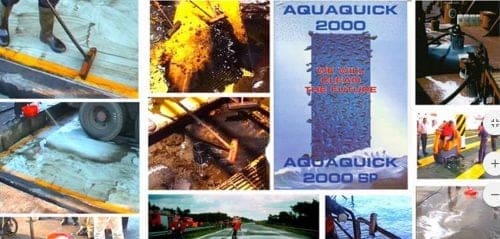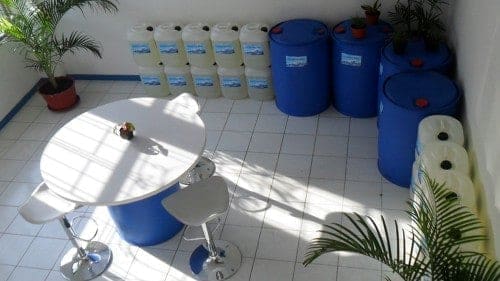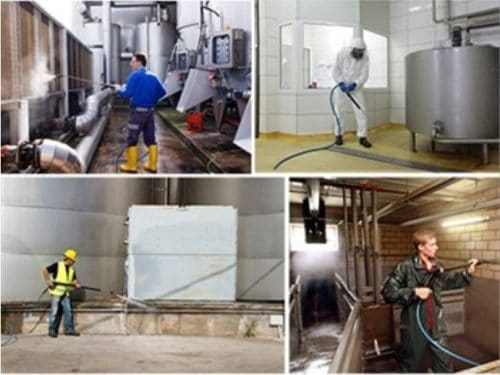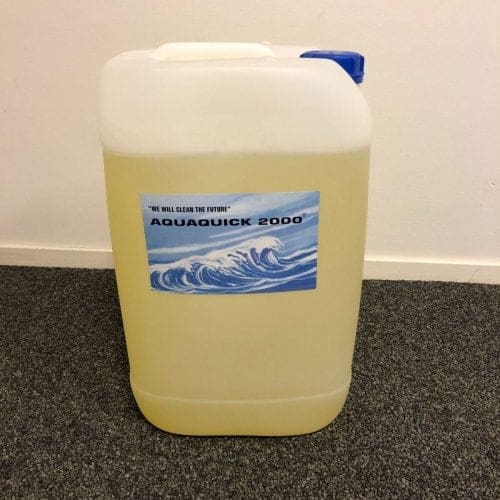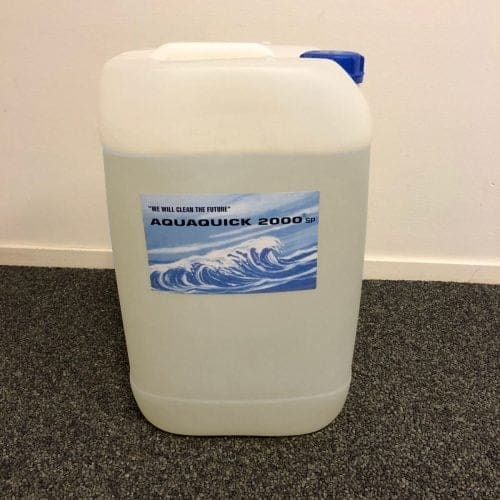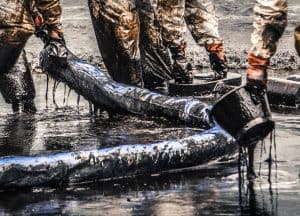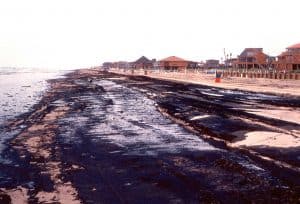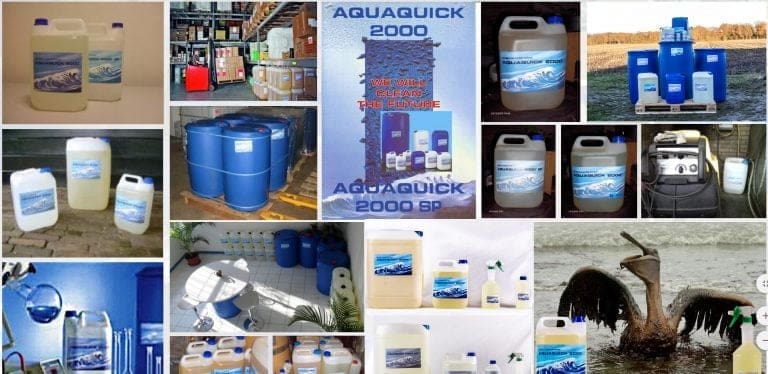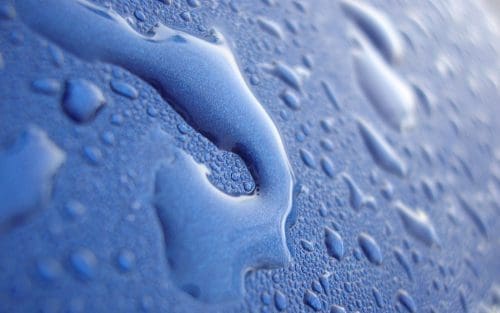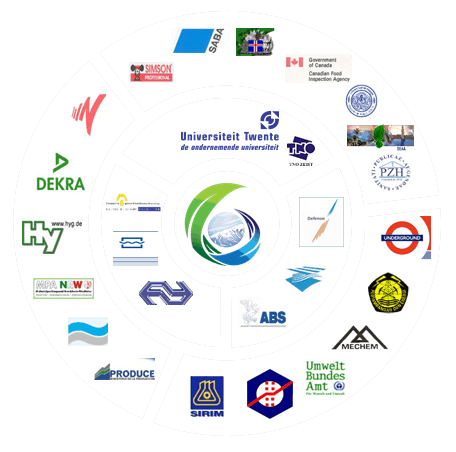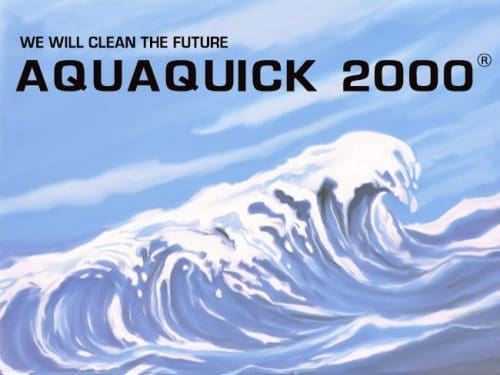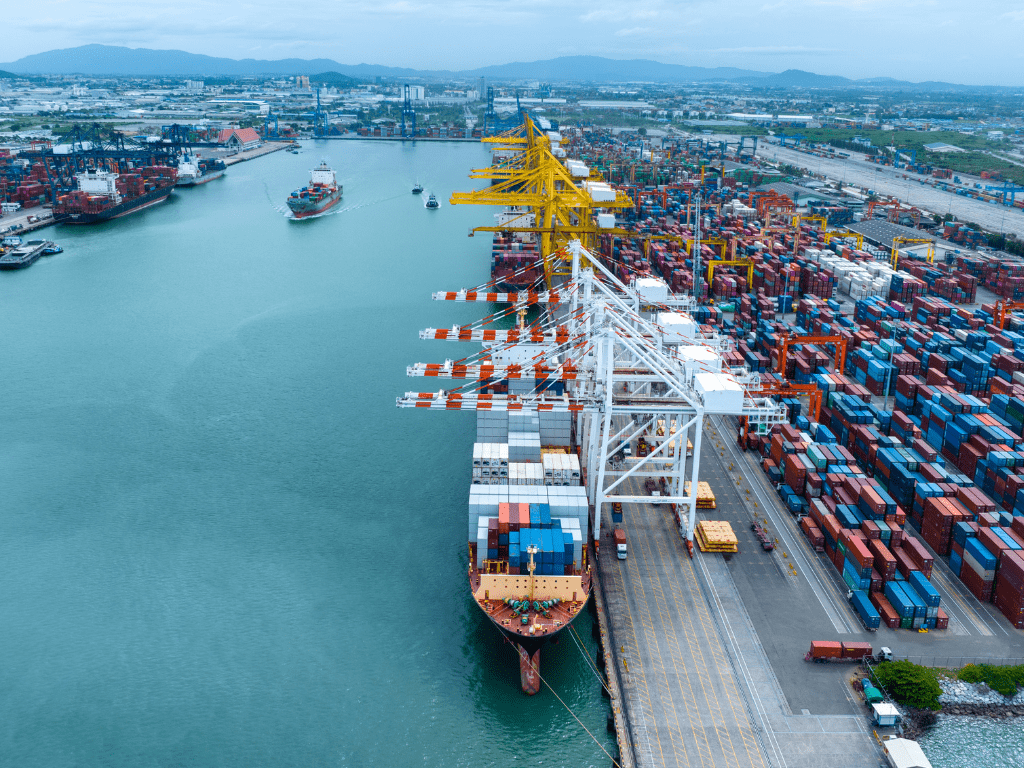Marine tank filtration plays a critical role in maintaining the health and longevity of marine ecosystems. Whether it’s a small-scale aquarium or a massive commercial setup, the filtration system ensures clean, safe water for marine life to thrive. In this article, we will explore the importance of marine tank filtration, the types of filtration systems available, and the best practices for maintaining an efficient filtration system. We will also mention how products like AQUAQUICK can aid in this process.
What is Marine Tank Filtration?
Marine tank filtration refers to the process of removing harmful substances, debris, and contaminants from the water in a marine aquarium or commercial tank. A well-functioning filtration system mimics the natural processes of oceanic water purification, ensuring that fish, corals, and other marine organisms live in a clean environment.
Efficient marine tank filtration is vital to prevent the buildup of toxic chemicals, such as ammonia and nitrates, which can harm or even kill aquatic life. Filtration systems help regulate water parameters, keeping the tank balanced for a thriving marine ecosystem.
Why is Marine Tank Filtration Important?
Proper marine tank filtration is crucial for maintaining the health and well-being of marine organisms. Here’s why:
- Maintains Water Quality: Without an effective filtration system, toxins like ammonia, nitrites, and nitrates can quickly accumulate, leading to poor water quality.
- Prevents Algae Growth: Marine tank filtration helps in preventing unwanted algae growth, which can overtake the tank and disrupt the ecosystem.
- Enhances Oxygen Levels: Filtration systems aid in circulating water and introducing oxygen, ensuring that marine life has access to adequate oxygen levels.
- Keeps Harmful Bacteria at Bay: Marine tank filtration helps maintain a healthy balance of bacteria, removing harmful microbes that could cause diseases.
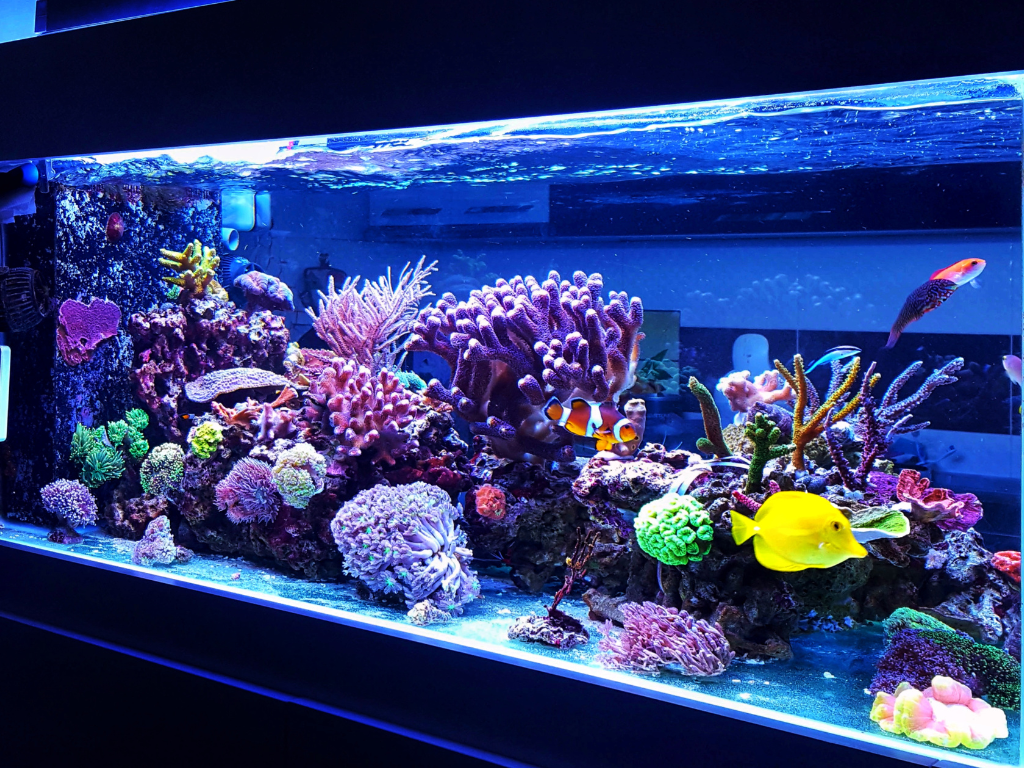
Types of Marine Tank Filtration Systems
Understanding the various types of marine tank filtration is essential when setting up or maintaining a marine tank. Each type addresses different needs of the tank environment.
a. Mechanical Filtration
Mechanical filtration involves physically removing solid debris from the water, such as uneaten food, fish waste, and particulate matter. This filtration process typically uses sponge filters, filter socks, or filter pads that trap debris as water passes through.
Mechanical filtration is the first line of defense in marine tank filtration, helping prevent the buildup of organic matter that could decompose and affect water quality.
b. Chemical Filtration
Chemical filtration utilizes chemical compounds, such as activated carbon or specialized resins, to remove dissolved substances like toxins, heavy metals, and odors from the water. Activated carbon is particularly effective at absorbing organic pollutants, making it a popular choice in marine tank filtration.
Chemical filtration is essential in maintaining water clarity and eliminating contaminants that mechanical filtration alone cannot handle.
c. Biological Filtration
Biological filtration is perhaps the most crucial aspect of marine tank filtration. It relies on beneficial bacteria to break down harmful substances like ammonia and nitrites into less toxic compounds like nitrates. This process, known as the nitrogen cycle, is critical for maintaining a stable and healthy marine environment.
Live rock and bio-media are common biological filtration tools, providing a habitat for beneficial bacteria to flourish.

Key Components of a Marine Tank Filtration System
A well-designed marine tank filtration system includes several components that work together to maintain water quality. Let’s look at some of the most essential pieces of equipment.
a. Protein Skimmers
A protein skimmer removes organic waste before it has a chance to decompose. It works by creating bubbles that attract organic compounds, which are then skimmed off the surface and removed from the tank. Protein skimmers are especially beneficial in larger marine tanks, as they help prevent the buildup of organic waste.
b. Powerheads
Powerheads are essential for water circulation in a marine tank. They create flow and movement in the water, ensuring that debris and waste are moved toward the filtration system. Powerheads also enhance oxygen levels by promoting gas exchange at the water’s surface.
c. UV Sterilizers
UV sterilizers use ultraviolet light to eliminate harmful microorganisms, such as bacteria, parasites, and algae spores. This ensures that marine life stays healthy and the tank remains free of disease-causing agents. UV sterilizers are an excellent addition to any marine tank filtration system for added protection.
Step-by-Step Guide to Maintaining Marine Tank Filtration
Regular maintenance is key to ensuring the efficiency of your marine tank filtration system. Here’s a guide to help you keep your filtration system in top shape:
- Clean Mechanical Filters Weekly: Regularly clean or replace filter pads, sponges, or socks to prevent them from clogging and hindering water flow.
- Replace Activated Carbon Monthly: Change out chemical filtration media, such as activated carbon, every 4-6 weeks to ensure it remains effective at absorbing impurities.
- Monitor Biological Filtration: Keep an eye on the biological filtration system by regularly testing ammonia, nitrite, and nitrate levels in the tank. If levels rise, consider adding more bio-media or live rock.
- Inspect and Clean Protein Skimmers: Clean the protein skimmer cup and neck to maintain efficient waste removal.
- Check Water Flow: Ensure that powerheads are creating sufficient flow and that no debris is obstructing their operation.
Challenges in Marine Tank Filtration
While marine tank filtration is essential, it can come with some challenges:
- Clogged Filters: Over time, mechanical filters can become clogged with debris, reducing water flow and filtration efficiency.
- Overloading the System: Introducing too many fish or invertebrates at once can overwhelm the filtration system, leading to an increase in waste and toxins.
- Chemical Imbalance: Some filtration systems may inadvertently remove beneficial substances from the water, leading to an imbalance in the tank’s ecosystem.
Innovative Solutions in Marine Tank Filtration
With advancements in technology, new solutions are emerging for marine tank filtration. Automated filtration systems and smart monitoring devices now allow hobbyists and professionals to maintain water quality with minimal effort. These systems can automatically adjust flow rates, monitor water parameters, and even notify users when maintenance is required.
AQUAQUICK’s Role in Marine Tank Filtration
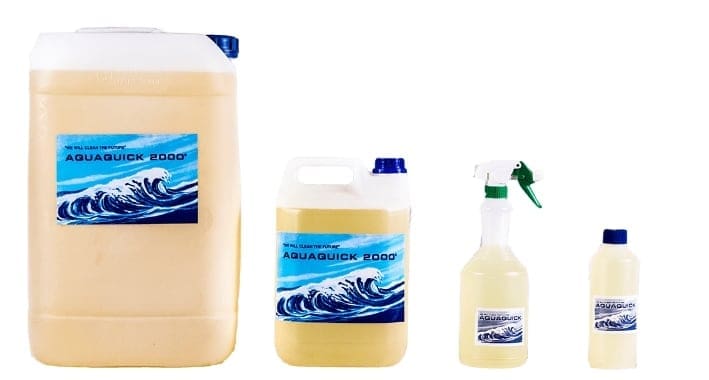
While traditional filtration methods are crucial, incorporating solutions like AQUAQUICK can further enhance the effectiveness of marine tank filtration. AQUAQUICK is a powerful cleaning agent designed to safely remove oils, fuels, and other contaminants from surfaces and water.
In marine tank filtration, AQUAQUICK can be used during periodic deep cleans of the tank equipment, helping to eliminate any built-up organic matter or residue that might compromise water quality. Its non-toxic formulation makes it safe for marine environments, ensuring that the aquatic life in your tank remains unaffected while maintaining optimal filtration performance.
Conclusion
Marine tank filtration is a multi-faceted process that ensures the health and vitality of marine ecosystems, whether in home aquariums or large commercial operations. By understanding the different types of filtration, maintaining equipment, and addressing potential challenges, you can keep your marine tank in peak condition. Additionally, using products like AQUAQUICK can aid in ensuring your tank stays clean and safe for marine life. Keep these insights in mind as you manage your marine tank filtration system for long-term success.

